
The Madhouse Effect
How Climate Change Denial is Threatening Our Planet, Destroying Our Politics, and Driving Us Crazy
Read or listen offline
Amazon KindleRecommendation
The science is clear: The Earth is growing warmer due to excess CO2, which directly results from carbon-based fuel emissions. Climate change threatens the planet and its inhabitants, but some corporate actors and the politicians they support won’t accept the truth. They hire climate change-denying scientists to sow doubt, confusing the public and giving politicians an excuse to do nothing. Those who deny climate change’s reality despite overwhelming evidence cause what academician Michael E. Mann and cartoonist Tom Toles dub “the madhouse effect.” The barrage of propaganda against established scientific fact divides the public and delays needed policy solutions. Mann’s and Toles’s accurate overview came out before Donald Trump’s administration, which is changing the regulatory landscape in favor of deniers and allowing the release of more pollutants. Toles’s witty cartoons punctuate the chapters with levity on this sober subject. While always politically neutral, getAbstract recommends this report to policy makers, environmentalists, those who want to know more and even climate deniers as an avenue for, perhaps, starting to see the bigger picture.
Summary
About the Authors
Michael Mann teaches atmospheric science at Penn State University, where he directs the Earth Systems Science Center. He wrote The Hockey Stick and The Climate Wars: Dispatches from the Front Lines. Tom Toles is the Pulitzer Prize-winning cartoonist for The Washington Post.







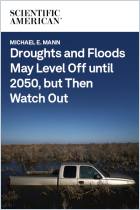
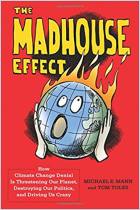

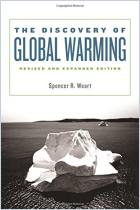
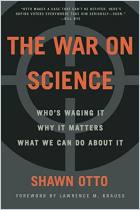
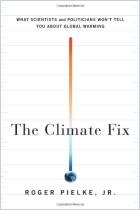
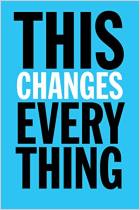




Comment on this summary or Начать обсуждение